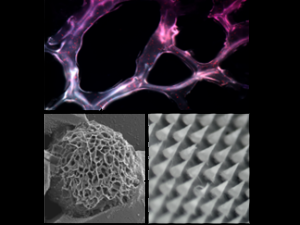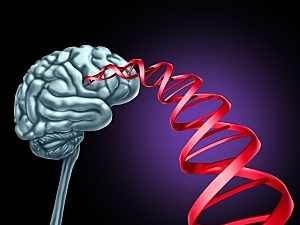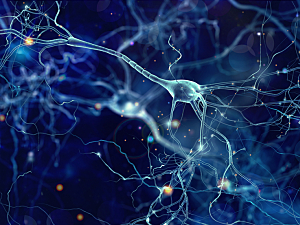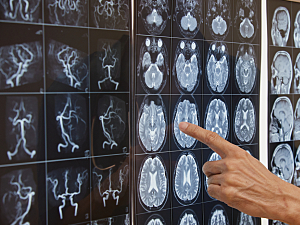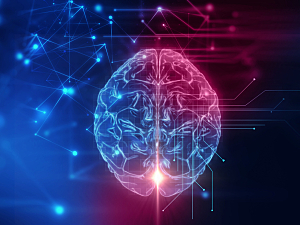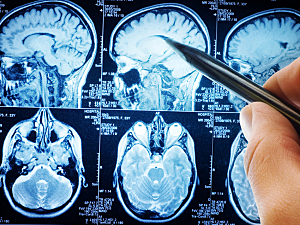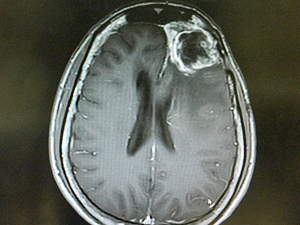Patient-reported Autonomic Symptoms Do Not Correlate With Objective Dysfunction

Brigham and Women’s Hospital researchers have confirmed in a large cohort what previous research suggested: a lack of correlation between subjective dysautonomia and standardized objective testing.
Read More...

